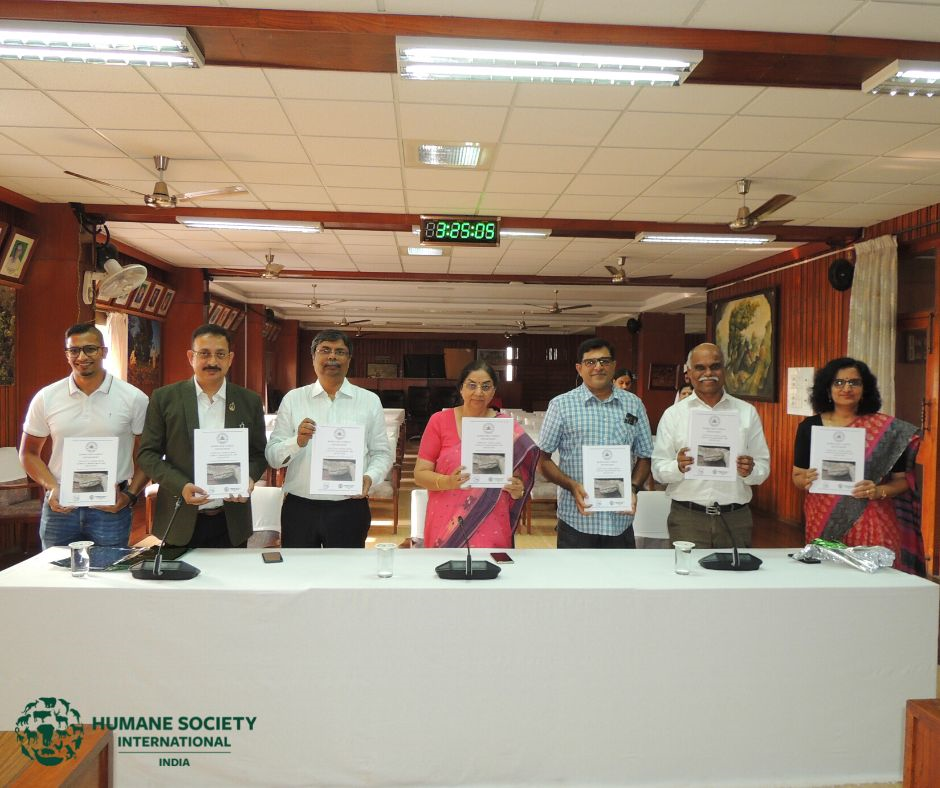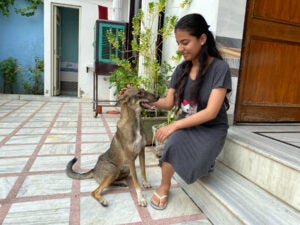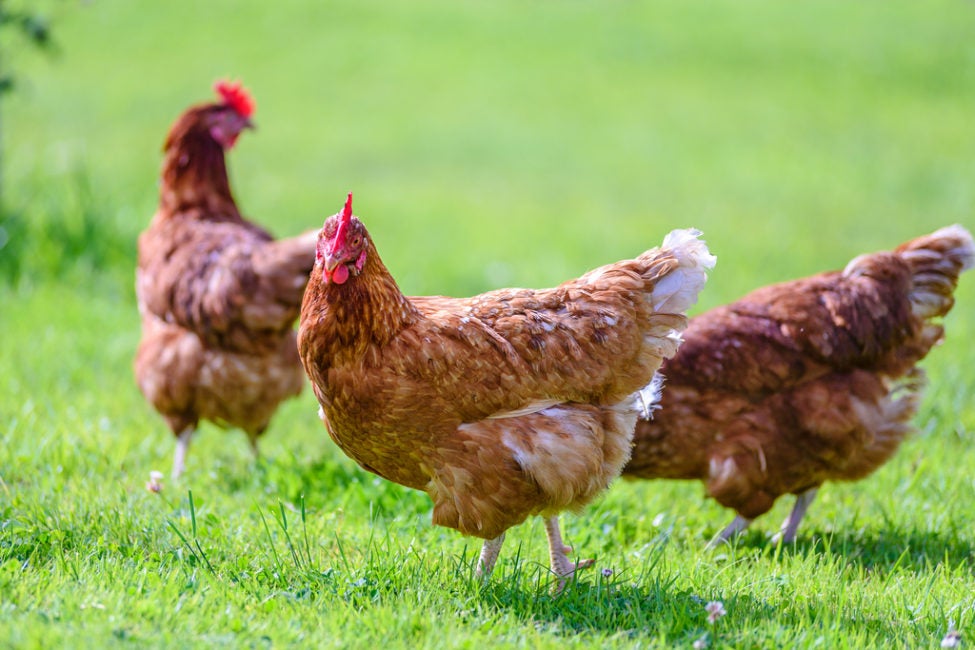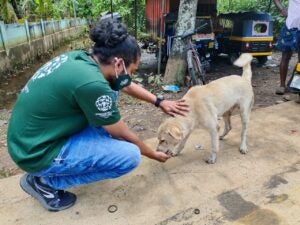
India—Humane Society International/India, a leading animal protection organization, has launched and now invites nominations for the Swarnali Roy Award for Vegan Advocacy to acknowledge the valuable work of vegan advocates in the country. The award recognizes individuals whose plant-based advocacy contributes significantly to the animal protection movement in India.
The award honors the late Ms. Swarnali Roy, an employee of the organization who led the plant-based outreach program in India until her death in 2021. Roy’s work in building a strong foundation for plant-based campaigns in India paved the way for reducing cruelty in intensive animal agriculture systems.
Alokparna Sengupta, managing director of HSI/India, said: “Swarnali was a passionate advocate for animals. Under her mentorship, the animal protection movement welcomed many young individuals who continue to work on advocating for a plant-based future. So, we thought it only right to honor her memory by supporting the work of the rising generation of advocates. This award will showcase the remarkable work of people in promoting veganism and the plant-based movement in India.”
HSI/India will announce the first set of awards on April 5th, Roy’s birthday, starting in 2023 and every year thereafter. Nominations are invited from residents of India who are above 18 and promote a vegan or plant – based lifestyle in their city, state or across the country. The award will be given at three ranks. The first-place awardee will receive INR 50,000), the second will receive INR 30,000 and the third will receive INR 20,000. The evaluation and selection of winners will be enabled by a five-panel jury consisting of vegan enthusiasts, leaders and advocates including Abhay Rangan, Founder of One Good, Palak Mehta, Founder of Vegan First, Nikunj Sharma, CEO, Mercy for Animals India Foundation and Parag Agarwal, Founder, Indian Animal Fund in addition to an HSI India representative.
To nominate someone you know or yourself who meets the eligibility requirements, you can fill out the form available here by March 25, 2023 on HSI’s website hsi.org. Award Rules, including eligibility requirements, are set out below.
Rules:
Nominees must be legal residents of the Republic of India who are 18 years or older as of March 25, 2003. All nominations must be received by 11:59 pm (IST) on March 25, 2003. Incorrect, untrue or incomplete nominations are void. Employees of Humane Society International (HSI) and affiliates and jury members, and members of their households, whether or not related, and immediate family members (spouses, parents, siblings, children and each of their respective spouses) are not eligible. In connection with the award nomination process, HSI and affiliates will collect personal data about nominees and those nominating them in accordance with its privacy policy. By participating in the nomination process you hereby agree to HSI collection and usage of the personal information submitted and acknowledged that you have read HSI’s privacy policy. Except to the extent prohibited by law, participation in the nomination process and/or acceptance of an award constitutes consent to HSI and affiliates use of name, photograph likeness, statements, biographical information and nomination application for advocacy and promotional purposes in any and all media, now or hereafter devised, worldwide in perpetuity, without any payment or consideration, or further notification or permission. Awardees will be determined by a five-panel jury based on five selection criteria focused on motivation, self-development and impact, with the three nominees with the highest cumulative scores being awarded the first (INR 50,000), second (INR 30,000) and third place (INR 20,000) awards, respectively. Awardees will be contacted by Hsiindiamailbox@hsi.org on or about 4th April. If HSI/India is unable to contact an awardee with three (3) calendar days of the first notification attempt, that awardee will forfeit the award and the award will go to the nominee with the next highest cumulative score. Award prizes are subject to income tax withholdings.








